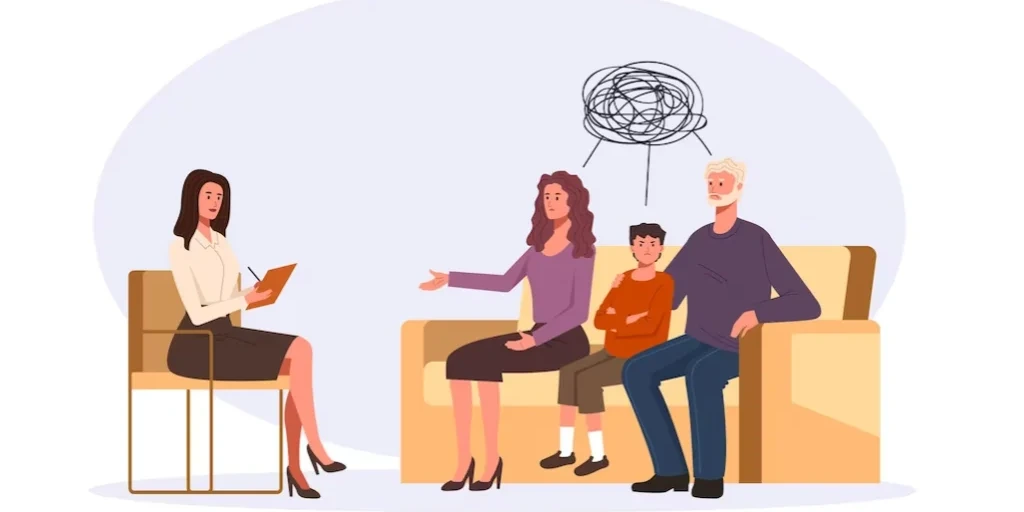24/7 Helpline:
(866) 899-221924/7 Helpline:
(866) 899-2219
Learn more about Eating Disorder Treatment centers in Peachtree City
Eating Disorder Treatment in Other Cities

Other Insurance Options

CareSource

BlueCross

Magellan Health

Horizon Healthcare Service

United Health Care

Oxford

WellPoint

BHS | Behavioral Health Systems

State Farm

AllWell

MVP Healthcare

Humana

Group Health Incorporated

UnitedHealth Group

EmblemHealth

Excellus

Premera

Covered California

Providence

BlueShield

Georgia Addiction Treatment Center
Georgia Addiction Treatment Center (GATC) is a CARF-accredited drug and alcohol rehab located in Pea...

Grace Harbour
Grace Harbour is an outpatient mental health clinic that serves individuals from all ages in a holis...





Turning Point New Directions
Turning Point New Directions is a counseling clinic located in Tyrone, GA. Turning Point New Directi...

The Insight Program
The Insight Program is a private rehab located in Tyrone, Georgia. The Insight Program specializes i...

Pyramid Healthcare – Pine Ridge Manor Halfway House for Men
Pyramid Healthcare - Pine Ridge Manor Halfway House for Men is located in Tyrone, Pennsylvania. Pyra...
































































